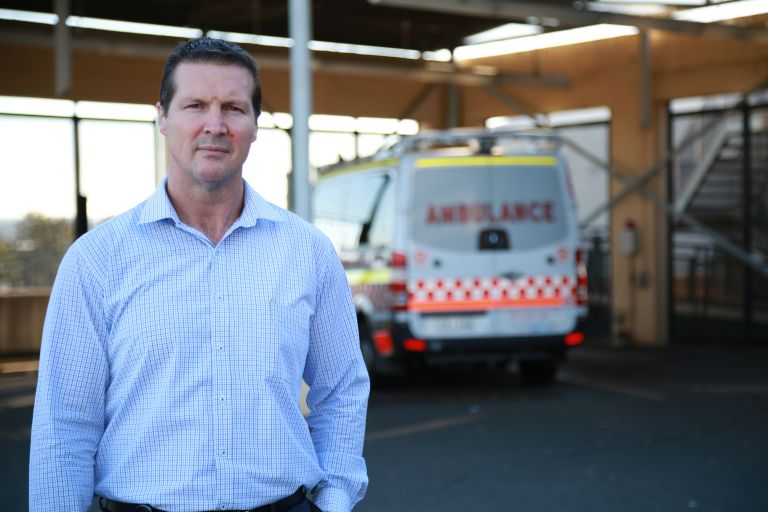About emergency care
An Emergency Department (ED) provides emergency care to people who need urgent medical attention.
Highly trained ED staff care for seriously injured and unwell patients, such as those with life-threatening emergencies, including:
- chest pain or chest tightness lasting more than 10 minutes
- sudden onset of weakness, numbness or paralysis of the face, arm or leg
- breathing difficulties
- unconsciousness
- uncontrollable bleeding
- sudden collapse or unexplained fall
- unexplained fitting or seizure
- injury from a major car accident
- a fall from a great height
- serious assault
- severe burns, particularly in young children
- infants who are fitting (seizure) or have an ongoing fever
- severe mental health concern
Visit Emergency Department waiting times to locate your nearest emergency department and find out how busy it is. The website will show you the number of people currently waiting for treatment.
Find an emergency care service
Use our Service Directory to find a health service near you.
What to expect
When you arrive in an emergency department a triage nurse will assess your condition and decide the priority of your care. Severely ill or injured patients are always treated as soon as possible.
If your condition worsens while you wait for treatment, tell the triage nurse or other emergency department staff immediately.
Once you are treated, the doctor may have you admitted into the hospital. If this happens, you will be taken to a hospital ward when a bed is available. While you are waiting to go to the ward you will still be receiving care by the emergency department.
Alternatively, you may be transferred by ambulance to another hospital that has the range of services that you need for treatment of your condition.
For more information about what you can expect from your time in hospital see Patients, carers and visitors.
Emergency Department alternatives
Emergency Departments are there for people who are in urgent need of lifesaving care.
If you have a non-life threatening illness or injury, please consider which health care alternative is the right care for you. Non-urgent illnesses or injuries include:
cough
nausea
sprains
minor cuts
toothache
minor burns.
If you are not sure if you should go to an ED, the below options may help you decide:
speak to your general practitioner (GP) or pharmacist
go to the Penrith Medicare Urgent Care Clinic
seek after-hours care at Doctor Closed
call Healthdirect on 1800 022 222 for free, fast, expert advice 24/7
visit Healthdirect online
find a local doctor
find a local pharmacy.
Smoke-free policy
Smoke-free policy
All our hospitals and locations are smoke-free. Smoking anywhere on the grounds may result in a $300 fine. View our policy.
